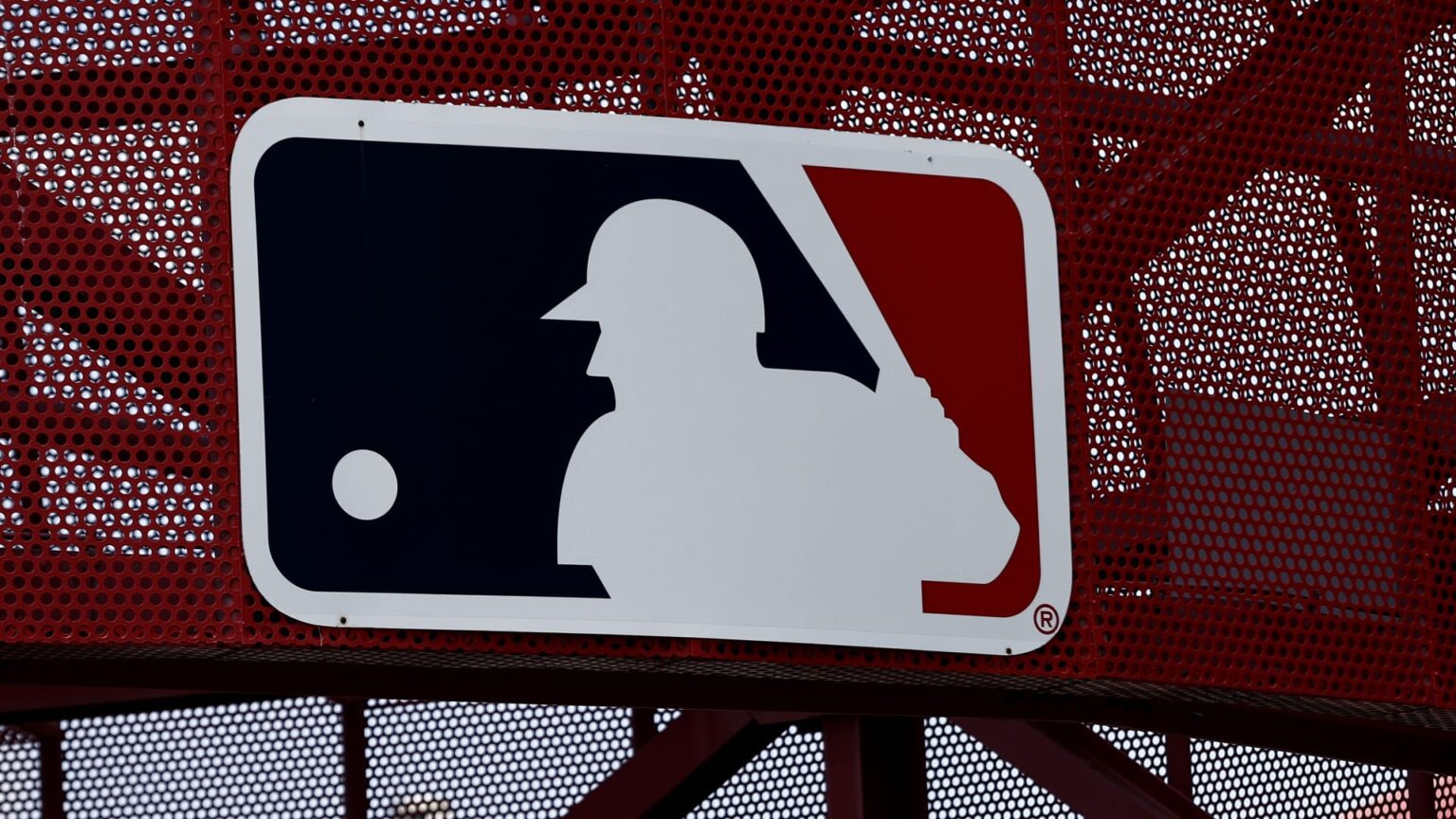Private Equity Gains Ground in Major League Baseball
Major League Baseball (MLB) is witnessing an increasing interest from private equity investors, highlighting adaptive financial strategies as player salaries and media rights undergo significant changes.
Private Equity’s Role Amid Economic Uncertainty
The trend towards private equity investment in professional sports is on the upswing, with firms like Arctos Partners referring to sports teams as “remarkably resilient assets” during economic fluctuations. As the MLB prepares for future shifts—including a potential salary cap proposal during collective bargaining discussions scheduled for late 2026—the league is becoming an attractive prospect for new investors.
Financial Landscape and Upcoming Challenges
Without a salary cap, MLB has experienced some of the highest player contracts in sports, leading to notable pay disparities across teams. Experts like Neil Barlow, a private equity partner focusing on sports, emphasize that MLB must refine its financial structure to attract institutional investors, as many are unwilling to risk capital that simply fuels a competitive talent acquisition landscape.
Simultaneously, the MLB is grappling with a dynamic media environment. As regional sports networks face difficulties and national broadcasting agreements near expiration in 2028, the league may see changes that affect its overall financial health.
Opportunities and Strategic Transformation
While these challenges carry risks, they also unveil opportunities. According to Michelle McKenna, a senior advisor at Evercore, the current era marks a “strategic transformation” era for MLB, particularly as it navigates declining local media revenues and transitions to new distribution models. She noted that private equity investment could facilitate this transition by providing not just capital but also strategic support.
MLB’s Unique Approach to Private Equity
Since opening its doors to private equity investments in 2019, MLB has allowed private firms to acquire minority stakes in individual teams. According to existing bylaws, private equity firms may own up to 15% of a single team, with the overall equity available for sale capped at 30% per team.
In recent developments, firms like Sixth Street Partners have begun making significant investments, including a strategic partnership with the San Francisco Giants. Their investment aims to enhance the franchise’s performance both on and off the field.
Connection Between Private Equity and Team Management
Private equity is often utilized to fund team-related expenses, including stadium enhancements and digital upgrades, which can alleviate financial pressures, particularly concerning payroll. Such investments also align with MLB’s initiatives to engage younger audiences through innovative gameplay rules and improved in-stadium experiences, areas where private equity firms can offer valuable expertise.
Conclusion
With 18 of MLB’s 30 teams currently associated with private equity investments, the league is at a critical juncture. Investors who enter the market early may reap significant rewards as MLB adapts to the evolving landscape of sports finance and media rights. The intelligence gained from these financial partnerships is poised to revitalize the league for the future.
